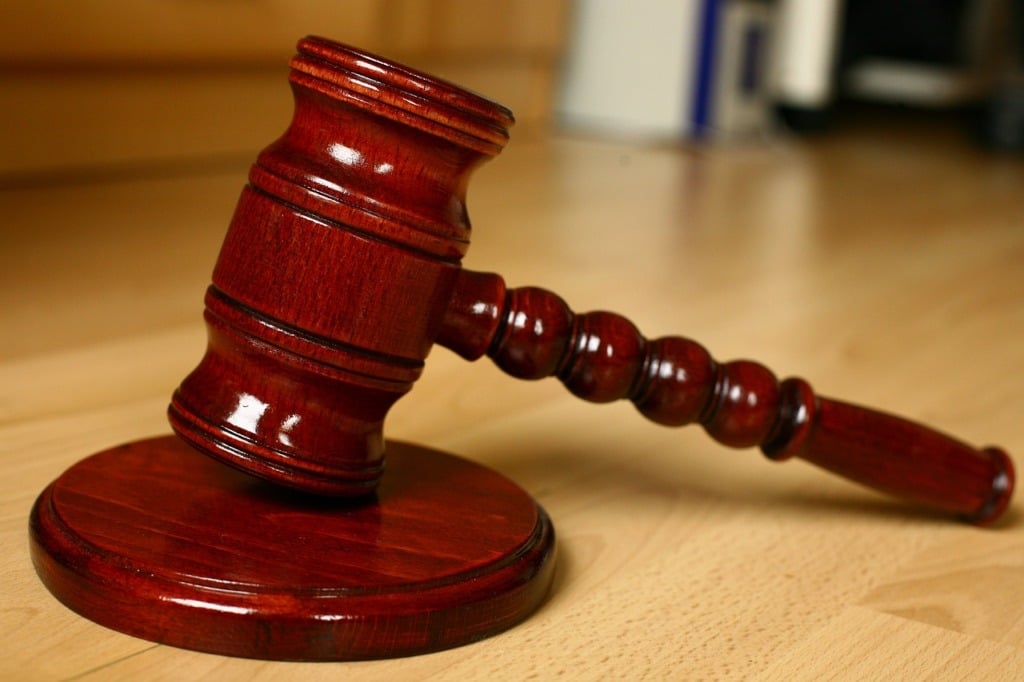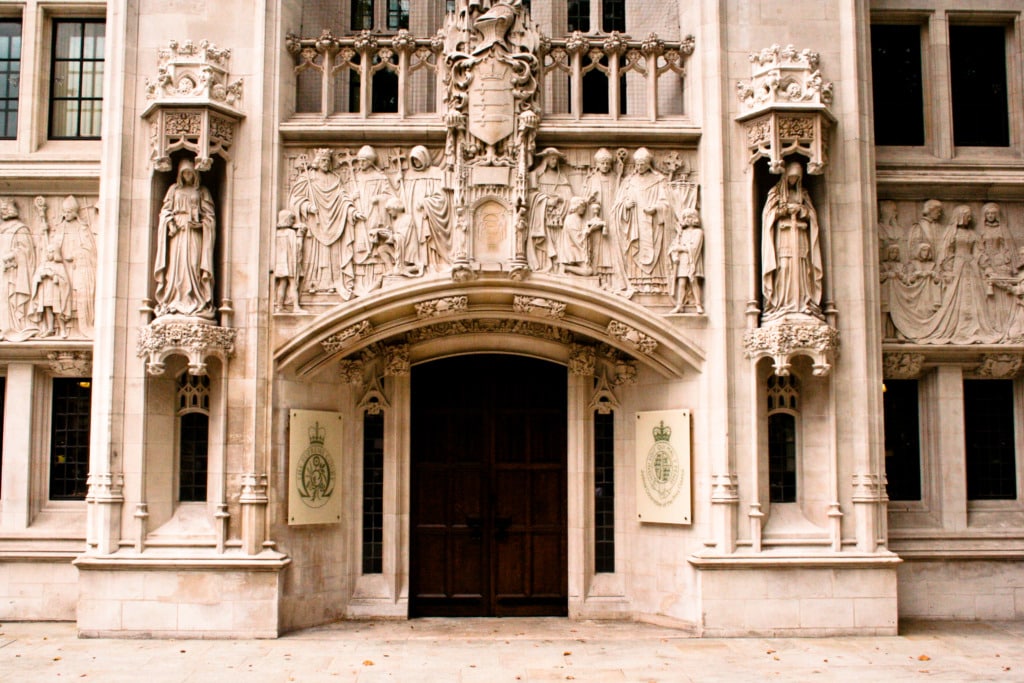Issue to Watch: Section 1782 and the Unified Patent Court
Section 1782 is big business, with large numbers of petitions filed in federal courts every year. 28 U.S.C. § 1782 is a federal statute authorizing federal courts order discovery for use in a foreign or international tribunal (but not an international arbitral tribunal). The Supreme Court elaborated various aspects of Section 1782 in its 2004 decision Intel Corp. v….
Continue ReadingMCLE Program on Section 1782
On Thursday, July 25, at 4:00 pm Pacific Time, the Bar Association of San Francisco will present a virtual program on “Navigating Discovery Relating to Foreign Proceedings: A Deep Dive into 28 U.S.C. § 1782.” I will participate, along with David Wallach (King & Spalding) and Kendra Marvel (Jones Day). A flyer for the program…
Continue ReadingVenequip 1782 Case
Section 1782, which authorizes judicial assistance to foreign and international tribunals, is a staple of transnational litigation. In a recent decision, the Seventh Circuit reviewed a lower court decision to deny a 1782 application. This case is in many ways a “typical” 1782 case, although its discussion of choice-of-forum clauses is of note. Background Very…
Continue Reading“Tag Service” and Section 1782
[This post originally appeared at Letters Blogatory and is reprinted here with the author’s permission.] Bill Dodge has a really interesting post about a decision from the bench in an SDNY Section 1782 case, In re Fourworld Event Opportunities Fund. Decisions like this are from the darkest corner of the legal dark web. They are not published. They are not available…
Continue ReadingTagging Corporate Directors for Discovery under Section 1782
Section 1782 authorizes federal district courts to order any person who “resides or is found in” the judicial district to provide discovery “for use in a proceeding in a foreign or international tribunal.” The Second Circuit has held that “that § 1782’s ‘resides or is found’ language extends to the limits of personal jurisdiction consistent…
Continue ReadingThe Use and Abuse of Section 1782 Litigation in England
This post considers the use and misuse in England of the U.S. district court’s power under 28 U.S.C. § 1782 to order a person to give evidence or produce documents for use in a proceeding in a foreign tribunal. It is based upon a paper written for a conference honouring Professor Linda Silberman, a close…
Continue ReadingSanctions Against Russia and Section 1782 Discovery
Since the “military operation” in Ukraine began in 2022, Russia has become the most sanctioned country in the world. U.S. blocking and sectoral sanctions now cover numerous Russian entities, especially banks, which were the most active litigants in transnational disputes. The U.S.-Russia relationship is probably at its worst in 30 years, and Russia has officially…
Continue ReadingLower Court Grapples with Supreme Court Ruling on Section 1782 and Investor-State Arbitration
Back in June 2022, the U.S. Supreme Court resolved a circuit split on the applicability of Section 1782’s discovery tools for private commercial arbitration, and simultaneously addressed a related issue of Section 1782’s use in investor-state arbitration. The investor-state issue came to the Court in the case of AlixPartners LLP v. The Fund for Protection…
Continue ReadingForeign Data Protection Laws: Greater Impact on U.S. Discovery than Foreign Blocking Statutes
Litigants are increasingly relying on foreign data protection laws – especially new laws in China and the European Union – to resist discovery requests from courts in the United States. Historically, U.S. courts do not limit discovery just because the production of the requested materials or information would violate foreign laws. So far, as Bill…
Continue ReadingA Typical 1782 Case
28 U.S.C. § 1782 allows a federal court to order discovery for use in a foreign or international tribunal. After the Supreme Court’s first § 1782 decision in 2004, Intel Corp. v. Advanced Micro Devices, Inc., the number of § 1782 petitions increased dramatically, more than quadrupling between 2005 and 2017. In re Petition of…
Continue Reading






